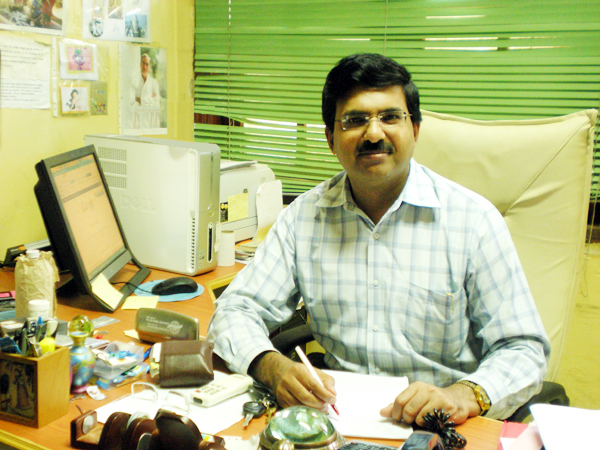
A group of neuroscientists in Switzerland have retracted a 2019 paper in Science whose first author they say falsified data in the study.
The article, “Insular cortex processes aversive somatosensory information and is crucial for threat learning,” came from the lab of Ralf Schneggenburger, of the Ecole Polytechniqe Federale De Lausanne (EPFL). The first author was Emmanuelle Berret, then a post-doc in the lab.
EPFL issued a press release about the study when it appeared. According to the release, the research showed that the insular cortex — a region “deep within the lateral sulcus” — is in charge of processing how mice and humans (pace, James Heathers) apparently learn from painful stimuli:
Continue reading Neuroscience group retracts Science paper







